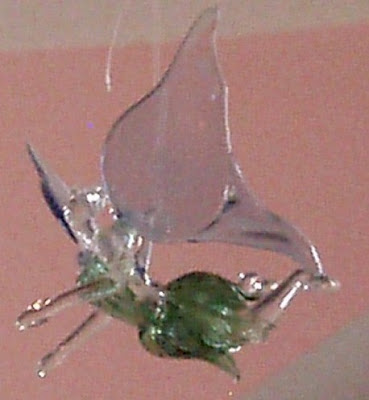
I’ve gone on record as saying I believe that New Year’s resolutions are doomed to failure by their very nature.
Occasionally I launch projects in the new year, but I do think the pressure and the expectations make keeping the resolve more difficult. Besides, January often feels like a bad time to start stuff. The holidays are all over, so you feel kind of let down. The light and seasons may be turning around, but it’s still a dead time of year, with a ways to go until actual rebirth.
I’m more likely to start — and stick with — new projects in the Fall. This is probably because I’ve spent most of my life either part of, or living in a town shaped by, the academic calendar. I met David in January, which ended up being a very successful project. It might be a good time to start a new book, since there’s not much else to do. Otherwise?
For Christmas, David received a gift certificate to Wild Birds Unlimited, which really is a wonderful franchise, and our local store is particularly pleasant. They encouraged David to get one of these jay wreaths, which you fill with peanuts. Jays eat peanuts — who knew?? Plus it keeps them off the other feeders, so the smaller birds have a shot.
You wouldn’t believe the jay party that resulted here. You can see one jay below, waiting on the yucca, while another proudly brandishes his newly acquired peanut. They were returning so quickly, it didn’t seem possible that they were taking time to eat them.
They had the entire wreath emptied inside of an hour.
David refilled it and it’s partially full still this morning, though they’ve been working at it. Either they were seriously hungry and now are eating more slowly, or they’ve realized that the peanut supply is here to stay and they don’t have to pack it all off to wherever they put all those peanuts.
That’s the trick, I think, to sticking with new projects: finding a way to make them a part of your life, rather than a big New Thing. The way you treat the New Thing is not how you treat a daily habit. I think that’s why I’m reluctant to do things like writing challenges or fast drafts or what have you. Every writer has to find a way to make writing a part of her daily life. And by that I don’t necessarily mean writing every day, though some swear by it.
It’s more like knowing where the peanuts are when you need them.








